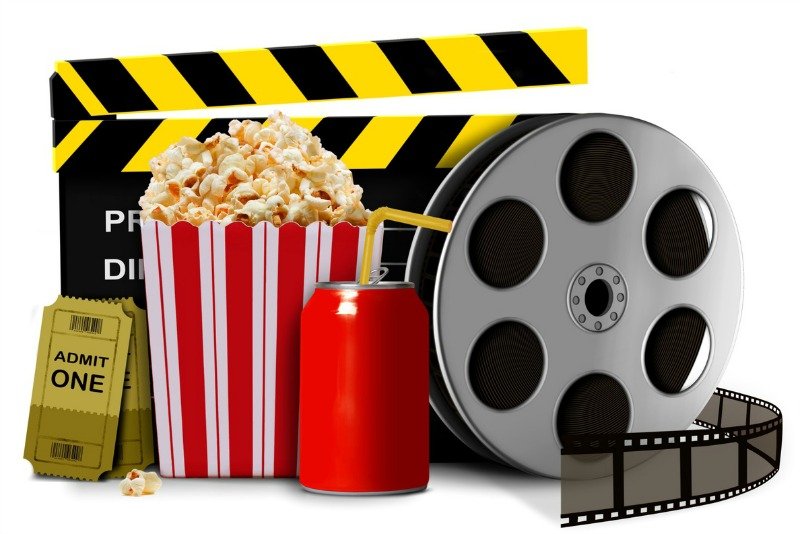Revolutions have shaped the course of history, from the French Revolution of 1789 to more recent political uprisings. While each revolution is unique in its context, goals, and outcomes, there are timeless lessons we can learn from the events that unfolded. In this article, we’ll explore the top things history teaches us about revolutions and how they continue to resonate with modern movements.
1. The Power of Inequality and Discontent
Throughout history, revolutions often arise from widespread dissatisfaction with social and economic inequalities. For example, the French Revolution was fueled by the stark divide between the wealthy aristocracy and the impoverished common people. The lessons here are clear: when a society’s inequalities reach a breaking point, discontent can quickly turn into revolt.
What we can learn: Addressing systemic inequality is essential to maintaining social stability. Governments and institutions that ignore widespread discontent risk triggering unrest.
2. The Role of Ideas and Ideology
Revolutions are not just about tangible material conditions; they are driven by powerful ideas and ideologies. The Russian Revolution, for instance, was heavily influenced by Marxist theory, while the American Revolution was rooted in Enlightenment principles of liberty and democracy. Revolutionary thinkers and philosophers help shape public sentiment and mobilize action.
What we can learn: The ideas that fuel a revolution can be just as significant as the material factors. Ideologies often serve as the rallying cry for those seeking change.
3. The Importance of Leadership
Every revolution needs strong, charismatic leadership to channel the people’s anger into meaningful action. Leaders like Napoleon Bonaparte, George Washington, and Lenin played key roles in shaping the outcomes of their respective revolutions. However, history also teaches us that leadership can be a double-edged sword, with power struggles often complicating the revolution’s goals.
What we can learn: Effective leadership is critical for directing the energy of a revolution. However, it’s important to remain vigilant about the potential for authoritarianism to emerge post-revolution.
4. The Influence of Technology and Communication
In the digital age, social media and technology play a pivotal role in revolutions, just as pamphlets, newspapers, and printing presses did in the past. The printing press was integral to the spread of revolutionary ideas during the Reformation, while the internet fueled the Arab Spring and other 21st-century uprisings. The ability to communicate and organize is a revolutionary tool that remains relevant today.
What we can learn: The rapid spread of information and mobilization through technology can significantly accelerate a revolution’s momentum. Governments that fail to control or adapt to new media risk being left behind.
5. The Impact of Economic Crisis
Economic crises, such as inflation, unemployment, or food shortages, have often preceded major revolutions. The French Revolution, the Russian Revolution, and even the more recent uprisings in the Middle East were sparked by economic turmoil. People who feel financially insecure are more likely to take to the streets to demand change.
What we can learn: Economic stability is crucial for political stability. Leaders must be prepared to address financial issues before they lead to mass unrest.
6. The Power of Mobilization and Grassroots Movements
Revolutions are often led by grassroots movements, where ordinary citizens come together to challenge oppressive systems. The American Revolution, for example, was driven by a diverse range of individuals, from farmers to intellectuals. The ability to mobilize large groups of people with a common cause is a recurring theme in history.
What we can learn: Empowering ordinary people and fostering a sense of collective identity are powerful tools for revolutionary movements. Broad-based support can increase the likelihood of success.
7. The Role of External Influence
Foreign powers often play a role in either supporting or opposing revolutions. The American Revolution saw French support, while the Russian Revolution was influenced by World War I. Similarly, geopolitical interests often shape the course of revolutions in modern times. Nations may intervene to either suppress or assist revolutionary movements, depending on their interests.
What we can learn: External factors and foreign interventions can dramatically alter the course of a revolution, either accelerating or hindering its progress.
8. The Danger of Violence and Radicalization
While revolutions often begin with noble goals, violence and radicalization can take hold over time. The Reign of Terror during the French Revolution serves as a historical example of how revolutionary fervor can spiral out of control. The rise of extremism and violent reprisals against perceived enemies of the revolution can undermine its legitimacy.
What we can learn: Revolutionary movements should be cautious of becoming too violent or radical. Maintaining a focus on reform, rather than retribution, can help sustain public support.
9. The Question of Post-Revolutionary Governance
One of the biggest challenges after a revolution is the question of governance. The initial overthrow of an old regime does not guarantee success in establishing a new, stable system. The aftermath of the Russian Revolution led to the rise of a brutal Soviet regime, and similar patterns can be seen in many revolutions where idealism fades in the face of power consolidation.
What we can learn: It’s not enough to overthrow a regime; the new leadership must have a clear plan for governance to avoid chaos and dictatorship. Sustainable political structures are crucial for long-term success.
10. The Long-Term Effects of Revolution
Revolutions can have lasting, far-reaching consequences. Even when a revolution seems to fail or results in setbacks, the long-term effects often shape future generations. The French Revolution, for instance, brought about fundamental changes in the global political landscape, influencing ideas about citizenship, democracy, and human rights.
What we can learn: Revolutions may not always achieve immediate success, but their impact can echo through history, influencing political and social structures for generations to come.
Final Thoughts
Revolutions are complex, multifaceted events that shape the course of history. From economic crises to ideological movements, leadership, and the role of technology, we can learn from past revolutions to better understand the forces at play in modern movements. Whether you’re studying history or involved in social activism today, these lessons remain highly relevant in understanding the dynamics of change.















